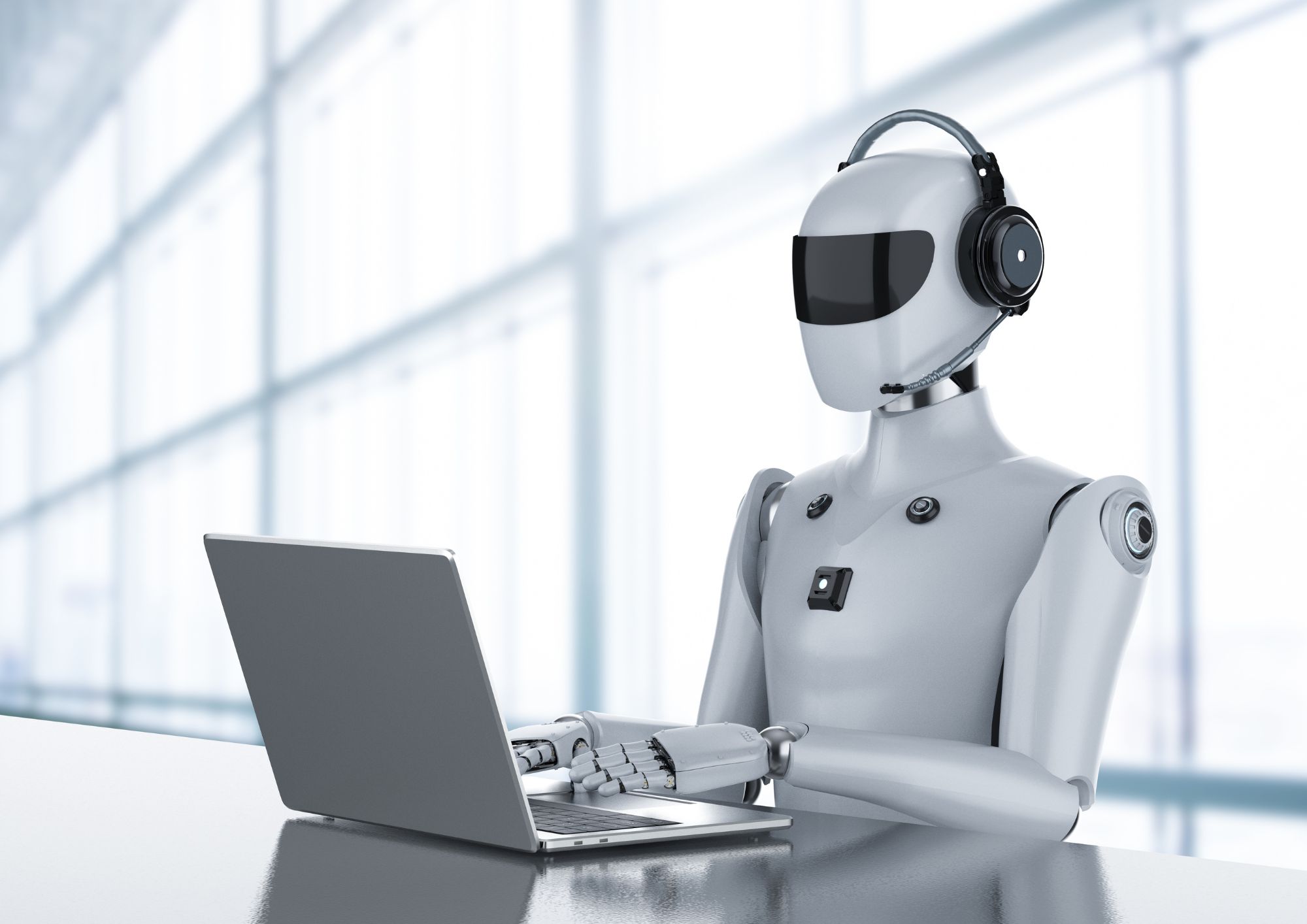The customer service landscape is undergoing a massive transformation, thanks to intelligent automation.
Gone are the days when customers had to wait in long queues or repeat their issues to multiple support agents.
Intelligent automation, powered by AI chatbots, advanced analytics, and seamless integrations, is revolutionizing the way businesses deliver customer service, leading to unparalleled customer satisfaction.
In this article, we’ll dive deep into the world of intelligent automation, exploring its impact on customer service, and discuss real-world examples, facts, and figures that demonstrate its effectiveness.
The Rise of AI Chatbots in Customer Service
AI chatbots have become an integral part of modern customer service. According to a Gartner report, by 2021, 15% of all customer service interactions globally were handled entirely by AI.
These chatbots leverage natural language processing (NLP) and machine learning algorithms to understand and respond to customer queries quickly and accurately.
Example: A leading e-commerce company deployed an AI chatbot to handle customer inquiries about order status, refunds, and cancellations.
Within six months, the chatbot successfully resolved 85% of customer issues without human intervention, leading to a 30% reduction in customer service costs and a 20% increase in customer satisfaction.
Leveraging Advanced Analytics for Personalized Customer Experiences
Advanced analytics plays a crucial role in understanding customer needs and preferences.
By analyzing data from various touchpoints, businesses can identify patterns and trends to deliver personalized customer experiences.
A McKinsey study revealed that personalization could improve customer satisfaction by up to 20% and boost revenue by 15%.
Example: A major telecom provider used advanced analytics to segment its customer base and offer personalized plans based on usage patterns.
As a result, the company witnessed a 25% increase in customer retention and a 10% growth in average revenue per user (ARPU).
Seamless Integrations for Efficient Customer Service Workflows
Integrating various customer service tools and platforms enables businesses to create efficient workflows, reducing response times and ensuring a consistent customer experience.
For instance, integrating CRM systems with AI chatbots can help support agents access relevant customer information instantly.
Example: A renowned hotel chain integrated its AI chatbot with its CRM and booking systems, allowing guests to make reservations, modify bookings, and request additional services directly through the chatbot.
This led to a 40% reduction in booking-related support tickets and a 15% increase in customer satisfaction.
Ensuring Customer Satisfaction through Intelligent Automation
Intelligent automation has a direct impact on customer satisfaction. By automating repetitive tasks, support agents can focus on complex issues that require human intervention.
According to a survey by Zendesk, 92% of customers prefer to interact with a live agent for complicated issues.
However, intelligent automation ensures that customers receive instant support for simple queries, leading to improved overall satisfaction.
Example: A leading bank deployed intelligent automation to handle routine customer queries, reducing response times by 50%.
As a result, customer satisfaction scores increased by 12%, and agent productivity improved by 30%.
Future Trends in Intelligent Automation and Customer Service
As intelligent automation continues to evolve, we can expect to see even more innovative applications in customer service. Here are some future trends to watch out for:
Voice-activated AI chatbots:
With the growing popularity of voice assistants like Amazon’s Alexa and Google Assistant, voice-activated AI chatbots will become a crucial part of customer service.
Customers will be able to interact with chatbots using natural speech, further enhancing the user experience.
Emotional AI
Emotional AI, also known as affective computing, enables machines to analyze and respond to human emotions.
This technology will allow AI chatbots to understand customers’ emotional states and tailor their responses accordingly, leading to more empathetic customer interactions.
Hyper-personalization
As advanced analytics become even more sophisticated, businesses will be able to deliver hyper-personalized customer experiences.
By leveraging customer data from various sources, AI-powered systems will make highly accurate predictions about customer preferences and offer tailored solutions in real-time.
AI-driven self-service
With advancements in AI and machine learning, we can expect a rise in AI-driven self-service options.
Customers will be able to resolve more complex issues independently through AI-powered knowledge bases and self-service portals, reducing the need for human intervention.
Summary
Intelligent automation is reshaping the customer service landscape by offering faster, more accurate, and personalized support.
Through AI chatbots, advanced analytics, and seamless integrations, businesses are boosting customer satisfaction and driving growth.
As technology advances, we can anticipate even more innovative applications of intelligent automation, further transforming customer service experiences.
Stay ahead of the curve by adopting these cutting-edge solutions and watch your business thrive! 😊
Thank you for reading our blog, we hope you found the information provided helpful and informative. We invite you to follow and share this blog with your colleagues and friends if you found it useful.
Share your thoughts and ideas in the comments below. To get in touch with us, please send an email to dataspaceconsulting@gmail.com or contactus@dataspacein.com.
You can also visit our website – DataspaceAI


